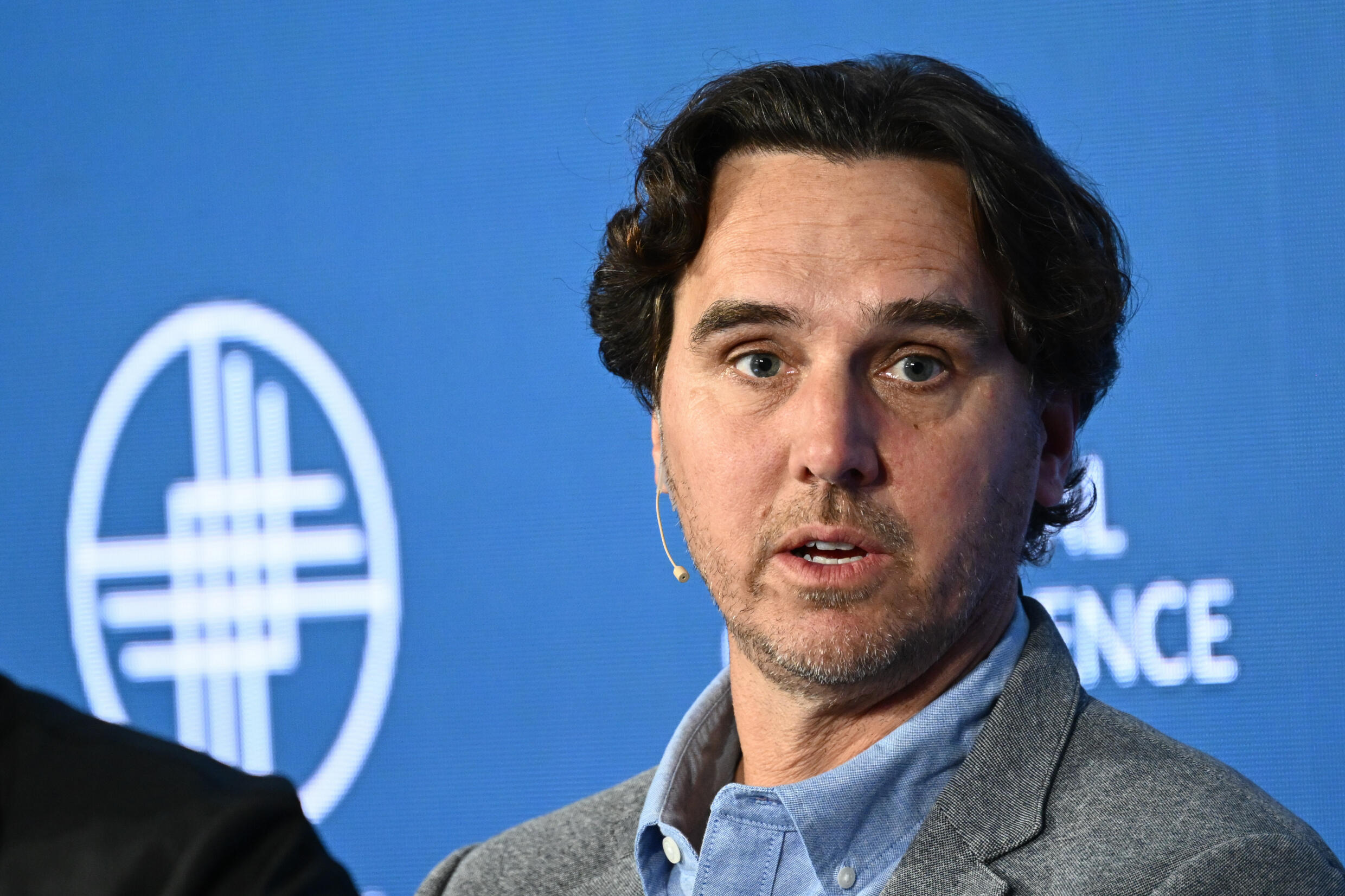First modification: Last modification:
Los Angeles (AFP) – Hollywood screenwriters are on strike over pay, but their conflict with studios and streaming platforms also raises something they find insulting: the possibility that artificial intelligence may soon replace their work.
With its ability to mimic human conversation, programs like ChatGPT have raised fears in many quarters: the White House even called on tech giants last week to discuss potential risks.
And at the screenwriters’ rallies in Los Angeles, the issue is on everyone’s mind. Above all, after the failure of the negotiations between the studios and the platforms and the Writers Guild of America (WGA), the powerful union that represents 11,500 pens in the audiovisual industry, which unleashed the strike on May 2.
“Art cannot be created by a machine,” criticizes Eric Heisserer, author of the screenplay for the film ‘Blindly’ (2018), which was a success on Netflix.
“We lose the heart and soul of the story… The first word (of AI) is still ‘artificial’,” he told AFP at a protest in Hollywood.
The WGA says it lobbied to restrict the use of AI during talks leading up to the strike. The union wants no robotic production to qualify as “literary” or “source” material, terms that imply copyright payments. It also wants to prevent scripts written by its members from being used to train an AI.
But the union argued that the studios “rejected” the approach and proposed instead an annual meeting to “discuss advances in technology.”
“It’s great that they offer to organize a meeting about how they are exploiting it against us!” Heisserer comments wryly.
concerns
Among the screenwriters interviewed by AFP, very few imagine an AI capable of doing its job. But the mere fact that studios and platforms are willing to explore the issue seems to them a shame.
They fear executives are willing to make creative compromises to improve profitability.

In the past decade, writing teams have shrunk in the name of ever-shorter seasons of series on platforms. And big studios like Disney are laying off staff to reassure Wall Street.
Comments at the Milken Institute global conference last week in Beverly Hills fueled concerns among screenwriters.
“In the next three years, you’re going to see a movie written by AI, (and it will be) a good movie,” said film producer Todd Lieberman.
And it won’t just be scripts, AI will also be used for “cutting,” creating “storyboards for a movie, anything,” Fox executive Rob Wade added. Ten years from now, “AI will be able to do absolutely all of these things,” he insisted.
The studies also ensure that the WGA does not deny AI as much as it claims.
In a memo sent to AFP, the union explained during pre-strike negotiations that screenwriters do not want to ban AI and appear happy to use it “as part of their creative process” as long as it does not affect their pay.
This hypothesis “requires much more discussion,” the studies said, according to the text.
“Safeguards”
For Leila Cohan, who wrote the hit series ‘Bridgerton,’ the only use for an AI might be to assign it “tedious tasks” or random tasks, such as suggesting character names.

However, the 39-year-old screenwriter fears that studios will be tempted to make first drafts of “incredibly bad AI-powered” scripts and then hire screenwriters to rewrite them.
“It’s great that we’re addressing this now,” he says.
The lessons of the last writer’s strike, 15 years ago, are very present. At the time, Netflix was still in its infancy and the WGA had obtained royalties for streaming replays, which are now considered too low.
Science fiction writer Ben Ripley also considers “very necessary” to legislate today “to establish safeguards” in relation to AI.
Although, according to him, it has nothing to do with the creative process. Writers “must be original,” he stresses. “AI is the antithesis of originality.”
AFP






![[Img #74676]](https://thelatestnews.world/wp-content/uploads/2024/12/Laser-artificial-neuron-150x150.jpg)







